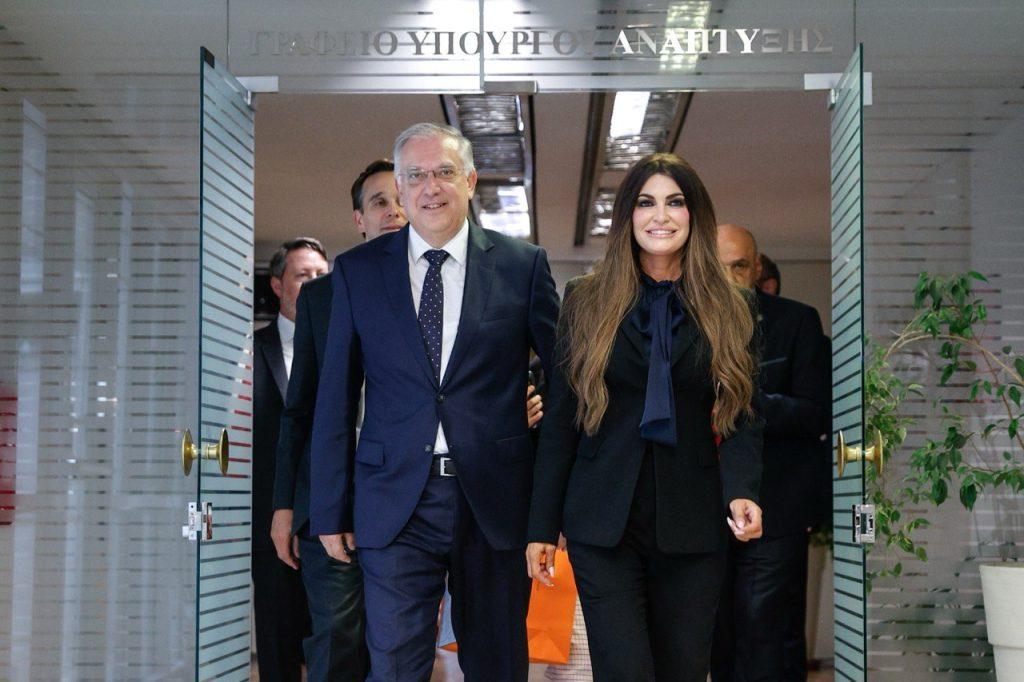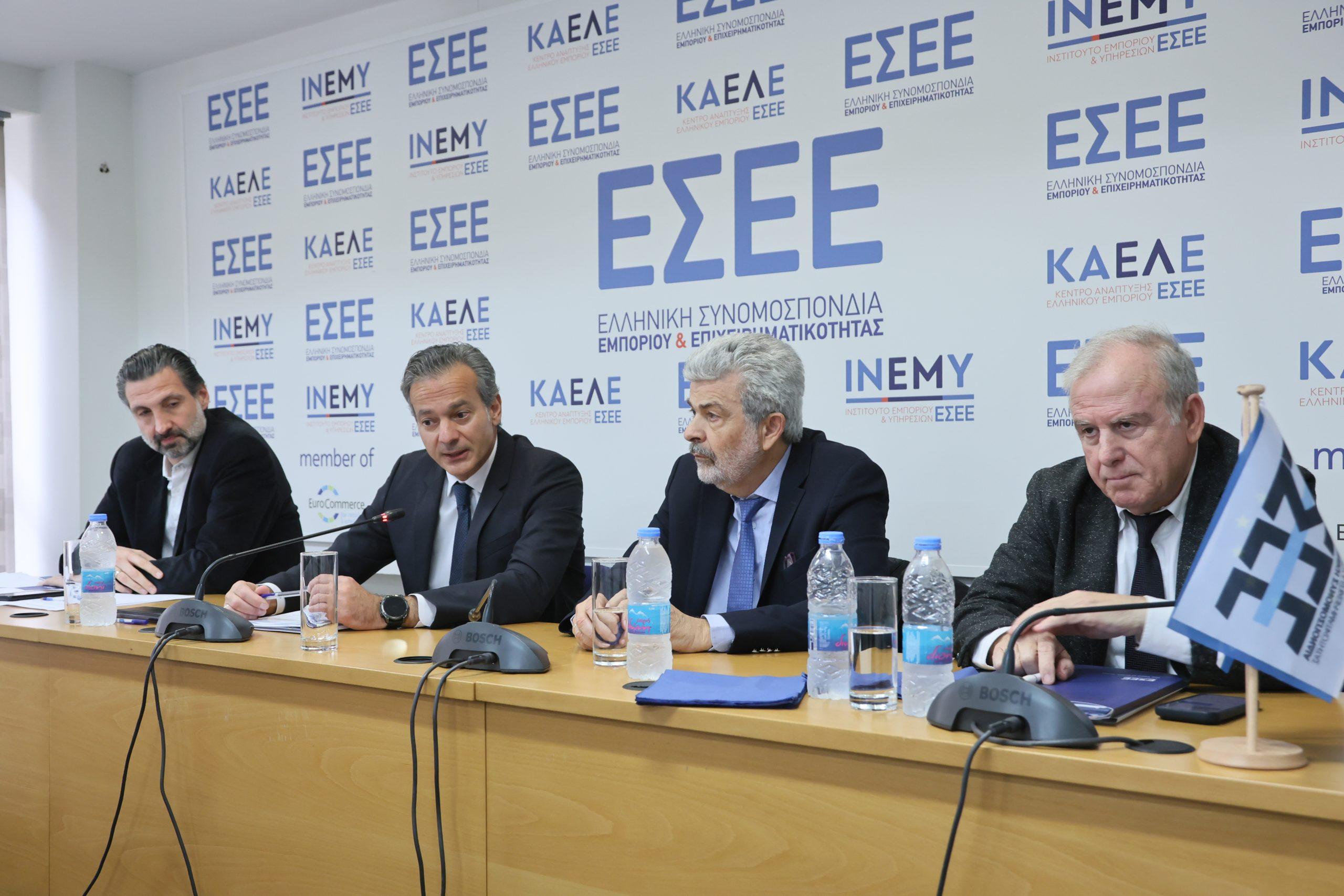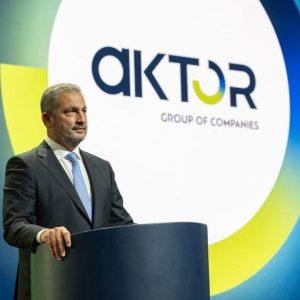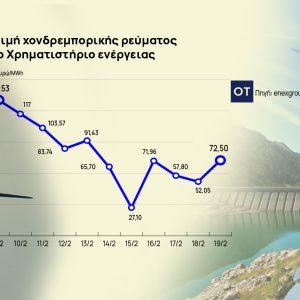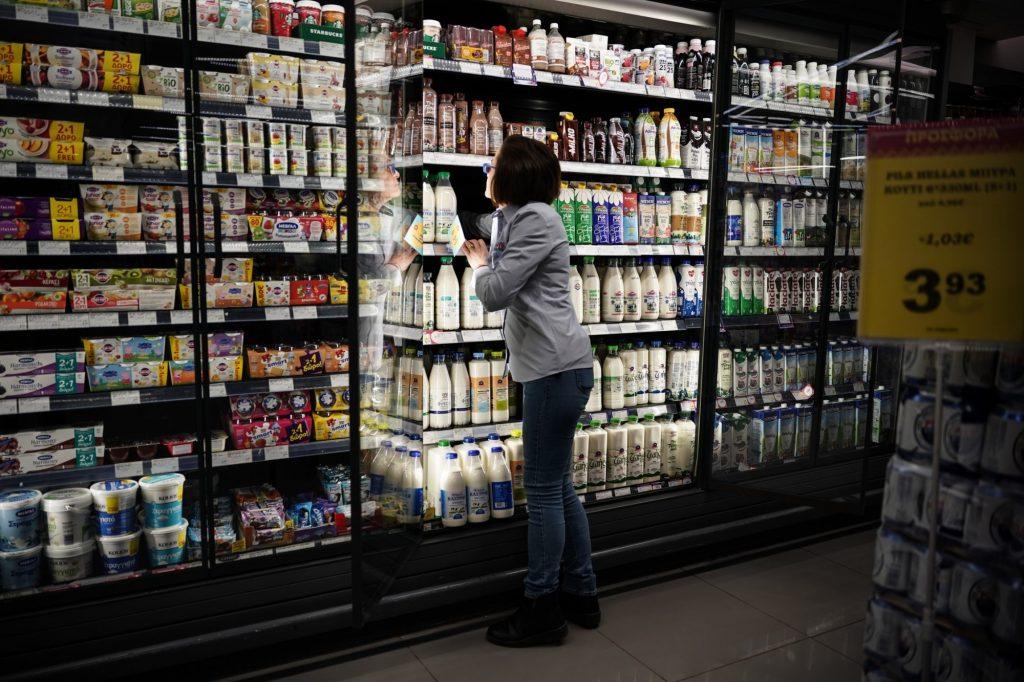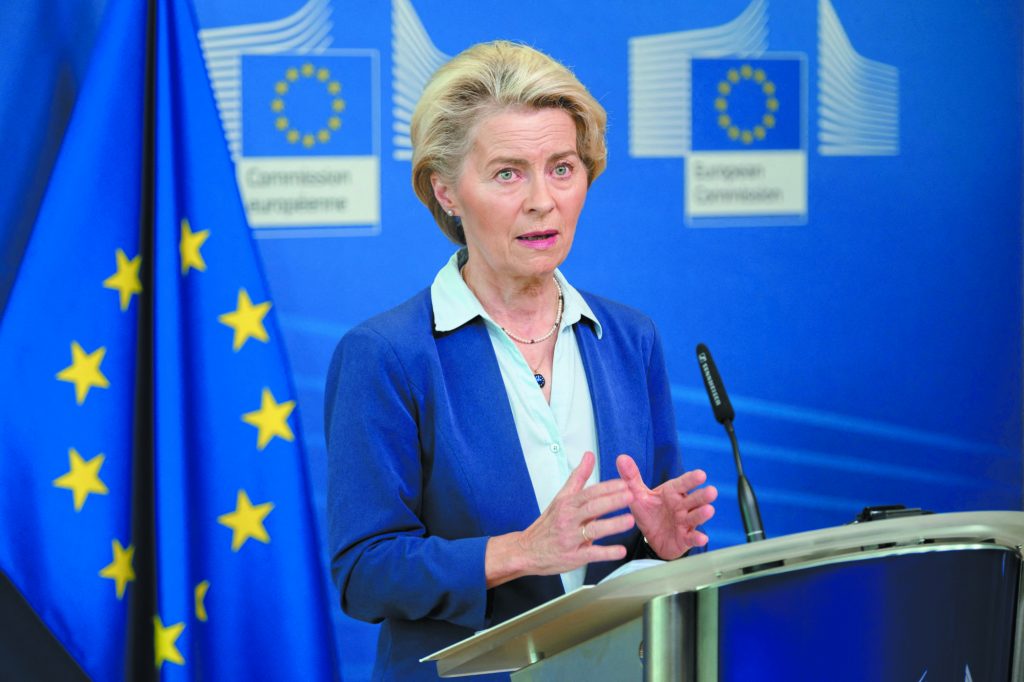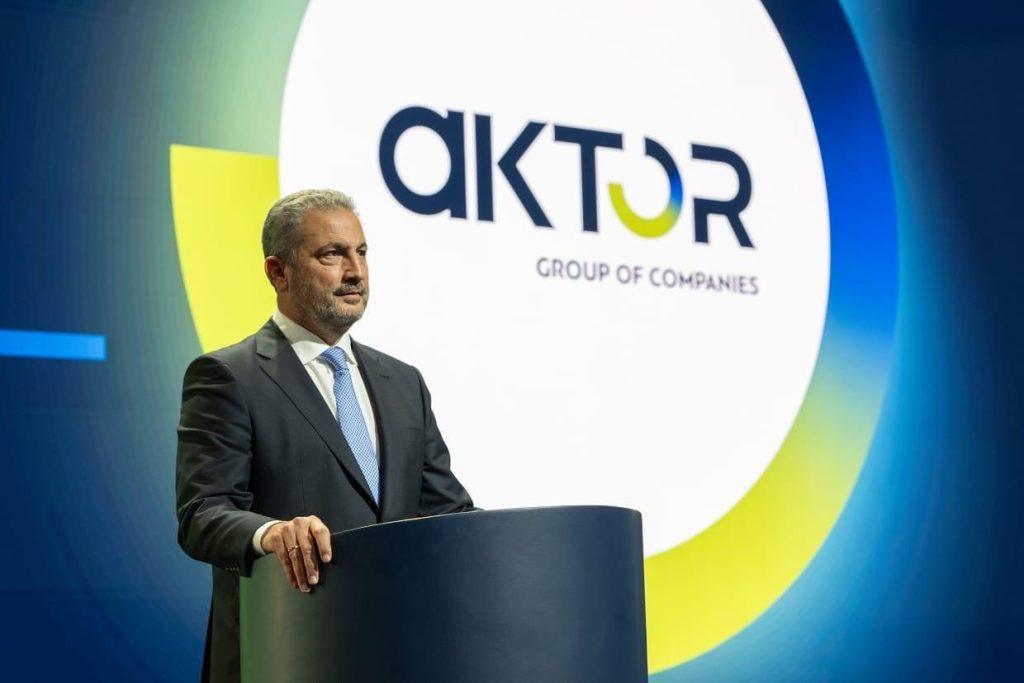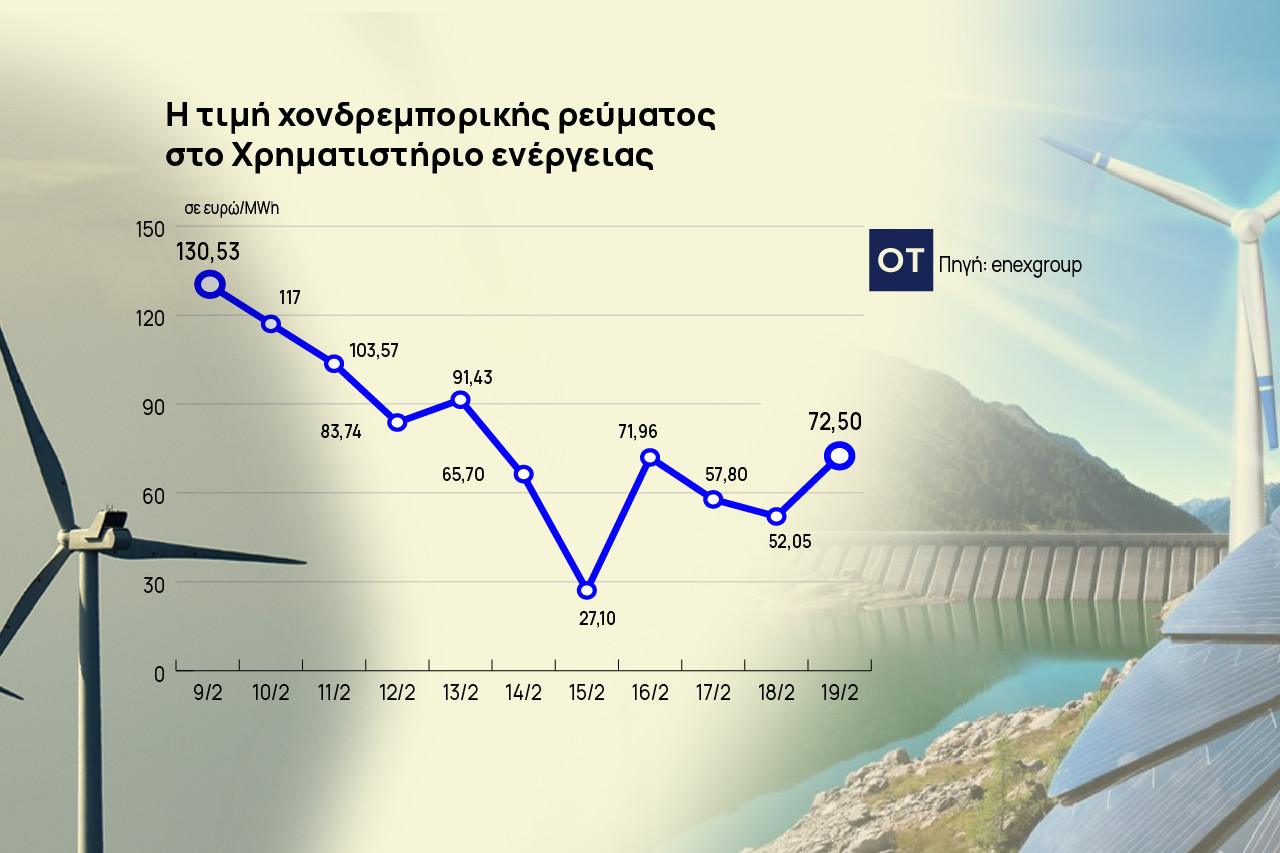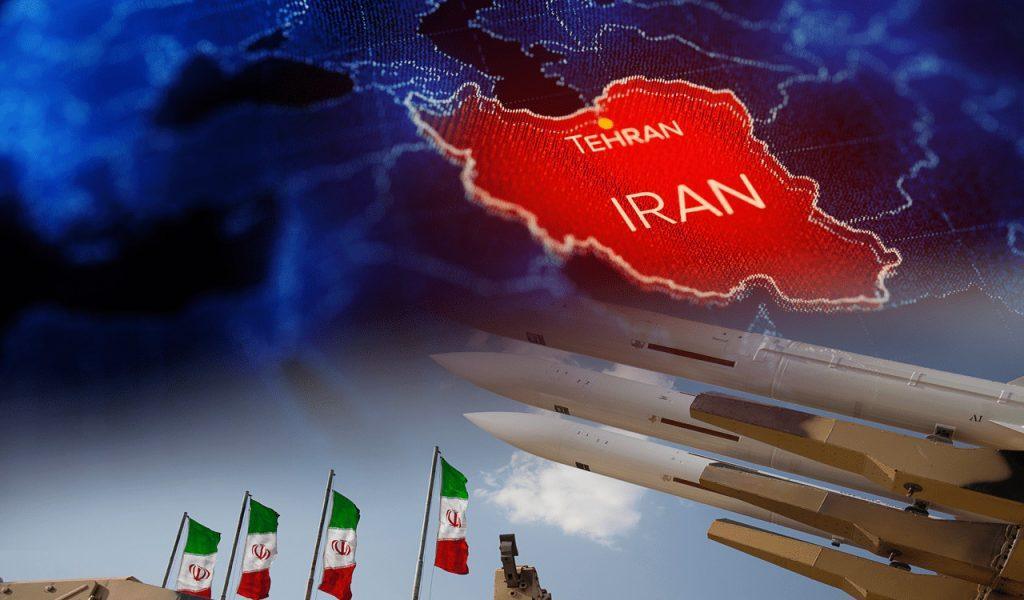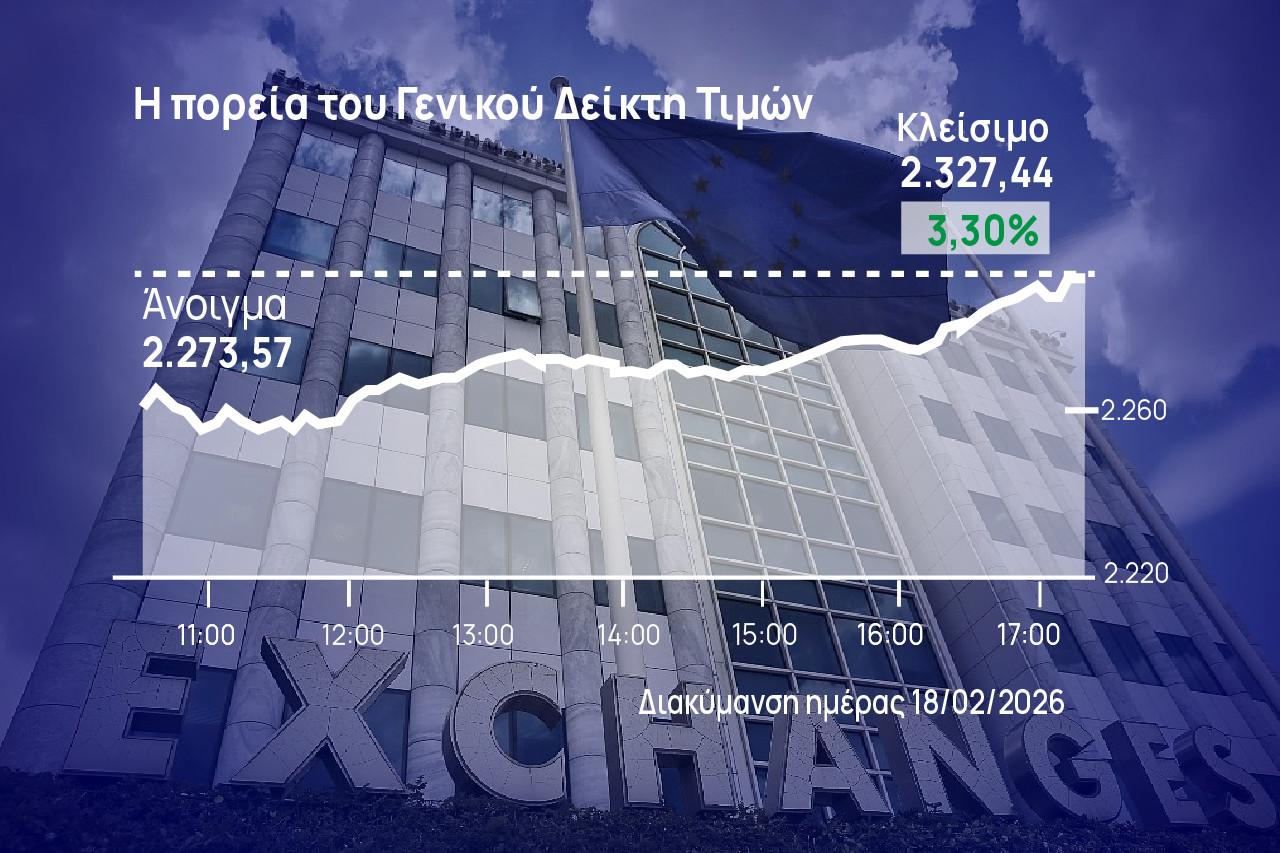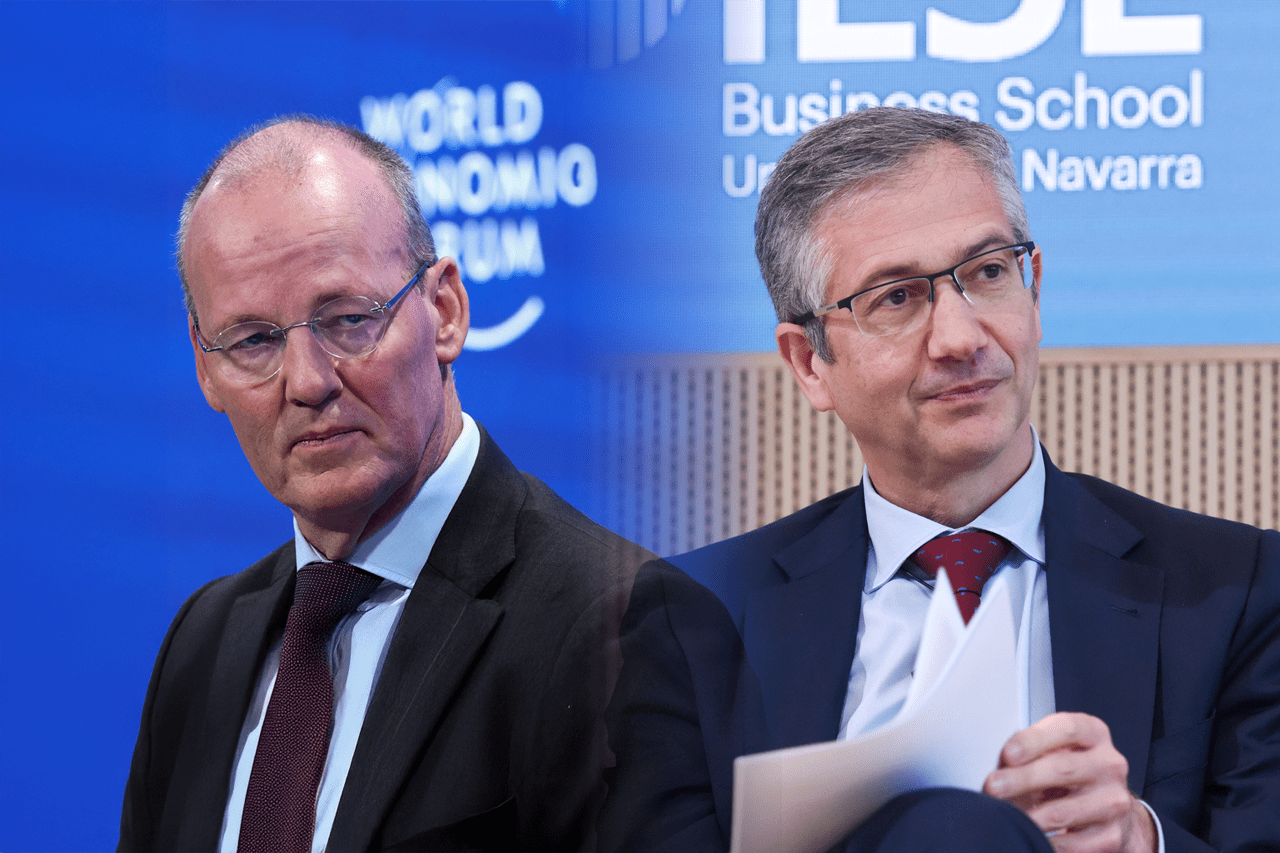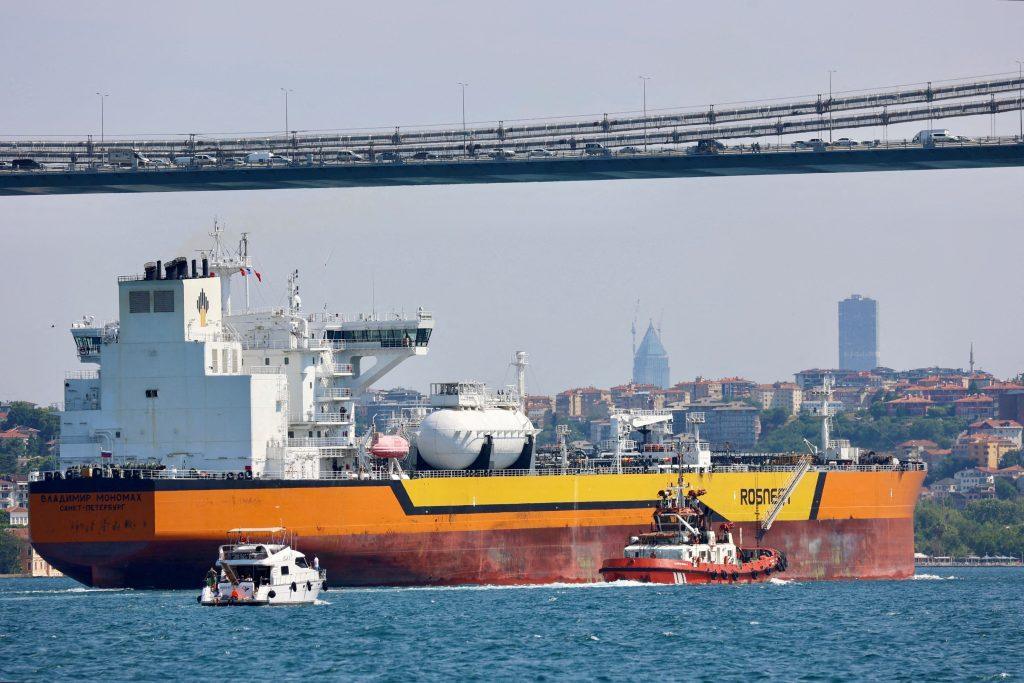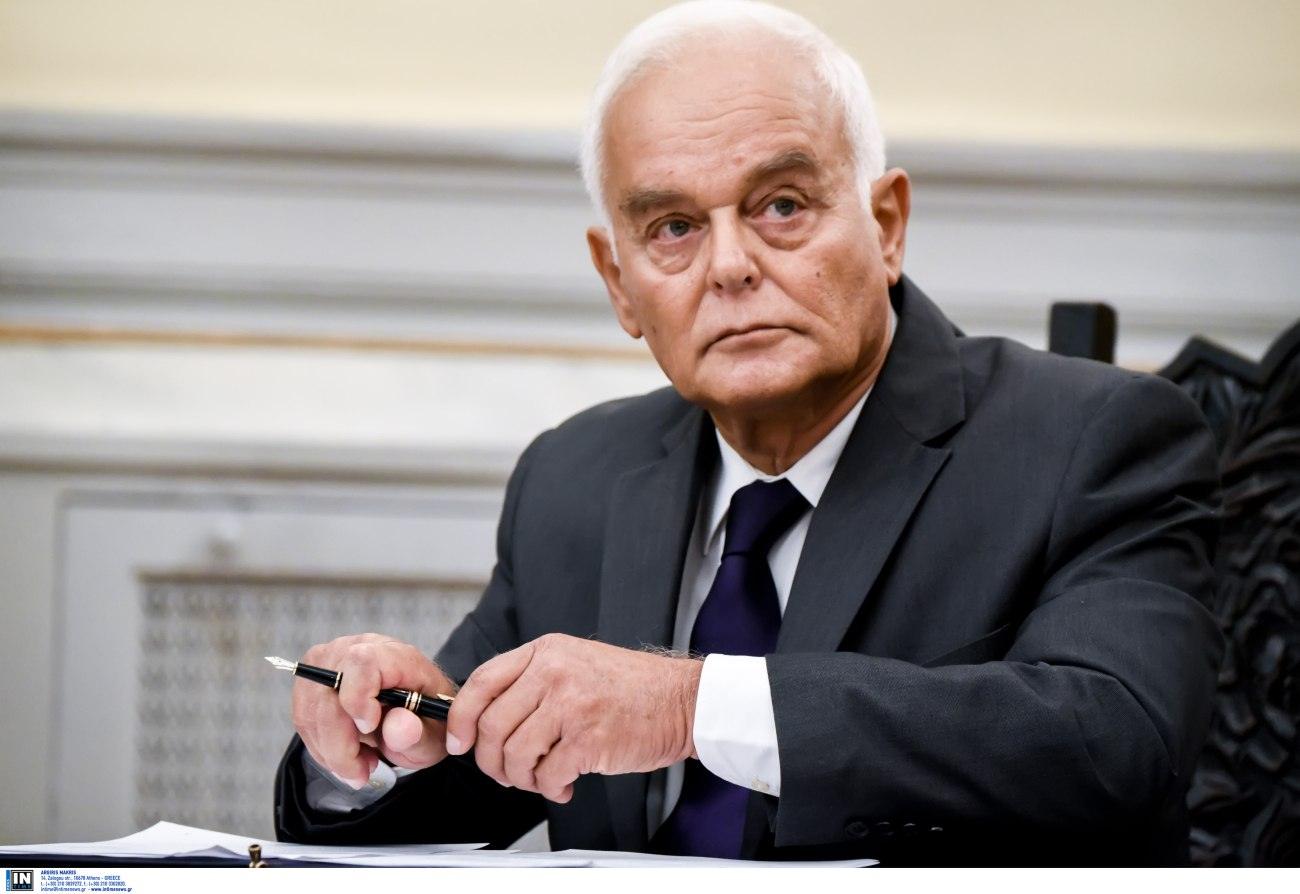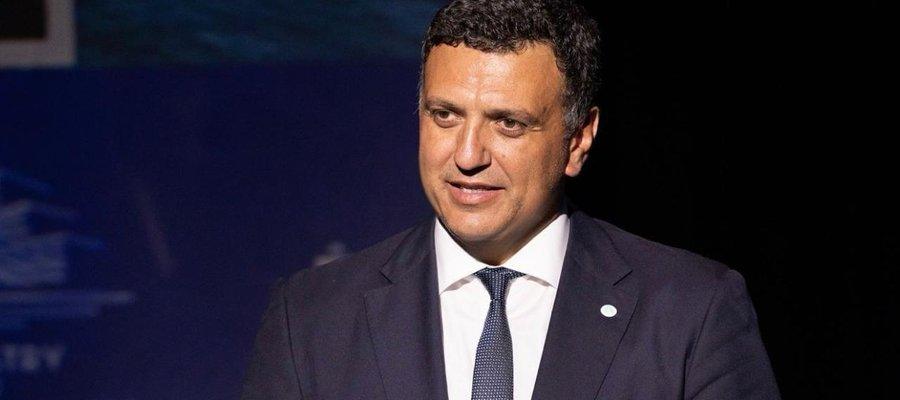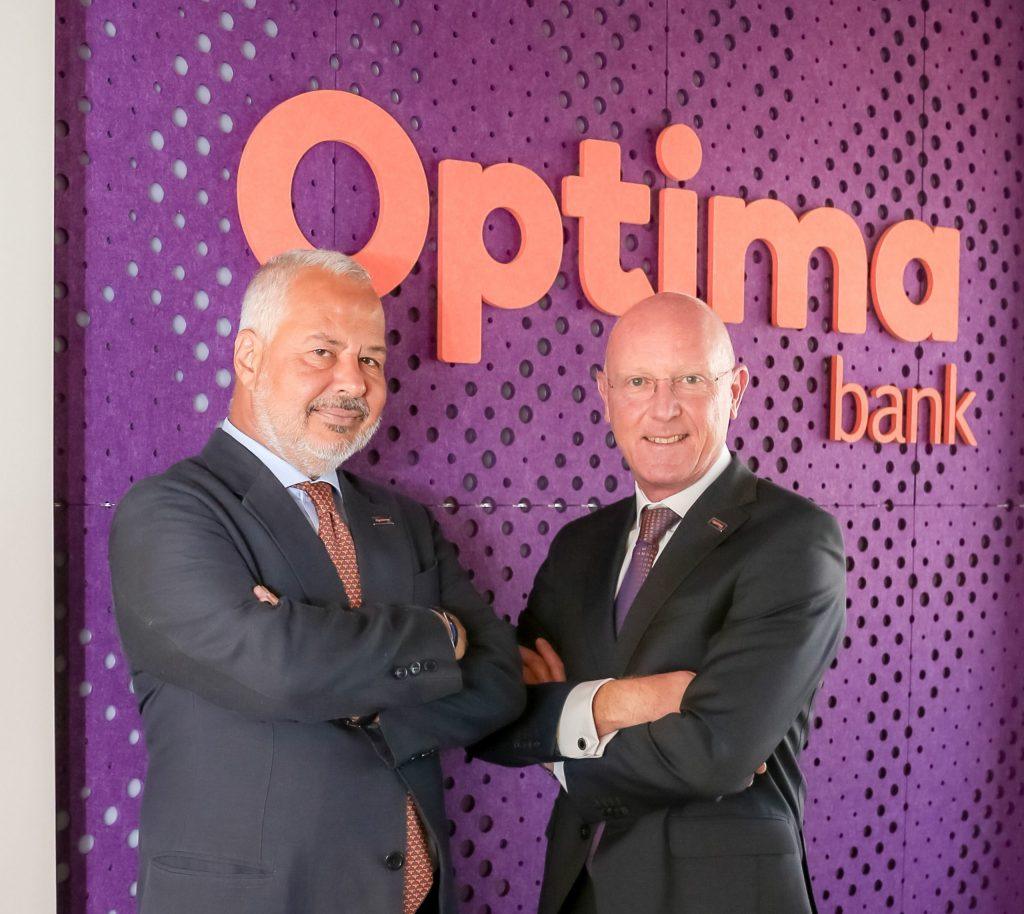Greece and the United States reaffirmed their growing economic and strategic cooperation during a meeting between Greek Development Minister Takis Theodorikakos and the new U.S. ambassador to Athens, Kimberly Guilfoyle. The discussion, held on Tuesday afternoon at the Ministry of Development, centered on expanding American-backed investments at the port of Elefsina, an industrial hub west of Athens that Washington increasingly views as a key asset in the Eastern Mediterranean.
At the heart of the talks were plans involving ONEX, a company operating within the port of Elefsina and managing the Elefsis Shipyards with financing from the U.S. International Development Finance Corporation. Theodorikakos announced that the Greek government is preparing new legislation allowing ONEX to broaden its activities beyond shipbuilding into commercial shipping services, logistics, port operations, energy infrastructure, and defense-related projects.
According to the minister, the initiative is part of a wider national strategy to strengthen Greece’s productive transformation and deepen its strategic partnership with the United States. “With the enhancement of our strategic cooperation with the U.S., Greece becomes not only an energy hub but further advances the transformation of its economy,” he said.
Ambassador Guilfoyle emphasized that Washington places top priority on energy and security, describing them as “equivalent to national security” for the Trump administration. She praised Greece as a strong and reliable ally and said the U.S. looks forward to the expanded use of Elefsina as a transshipment center in a “significant geopolitical region.”
The meeting comes as the US is openly seeking to counter China’s influence in Greek infrastructure. The port of Piraeus, Greece’s largest and one of the busiest in Europe, is majority-owned by China’s state-controlled shipping giant Cosco. In her first interview on Greek television earlier this week, Guilfoyle said that Washington believes increased American involvement in Greek infrastructure could help balance Beijing’s presence and strengthen regional energy independence.
Source: tovima.com
